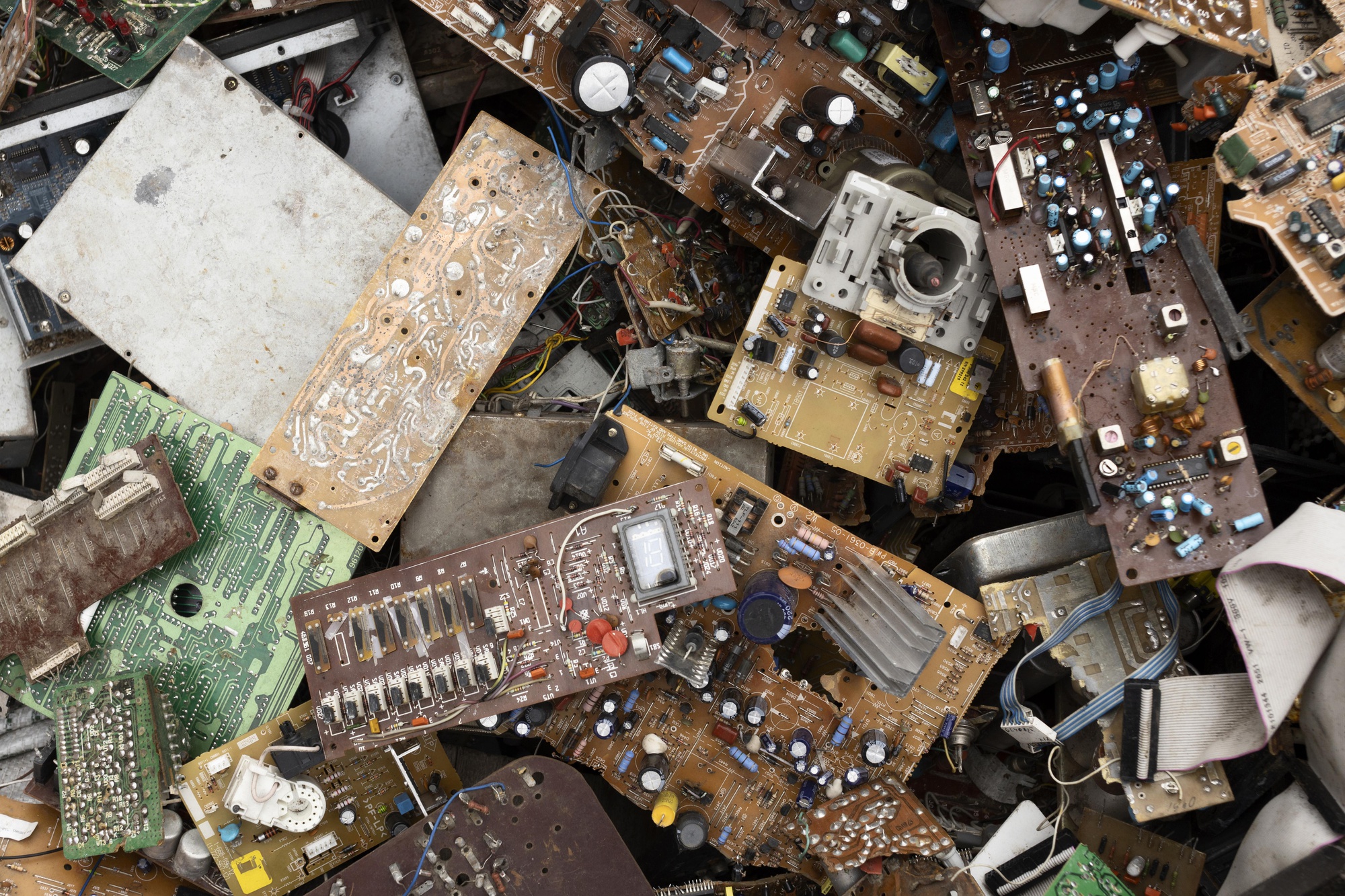Proper recycling of e-waste represents a cornerstone in building a sustainable future. By recovering valuable materials such as gold, silver, copper, and palladium, the need to extract these resources from the earth is significantly reduced, thus preserving ecosystems and reducing the environmental footprint associated with mining. Furthermore, this process prevents the release of toxic substances such as lead, mercury, and cadmium, which can leach into the soil and water, polluting the environment and posing a serious risk to human health. Responsible management of e-waste also contributes to job creation in the recycling industry, fostering the circular economy and promoting innovation in reuse and material recovery technologies. Ultimately, proper recycling of this waste not only protects our planet but also drives sustainable economic and social development.
Beyond the environmental and economic benefits, proper recycling of e-waste plays a crucial role in promoting environmental awareness and responsibility. By actively participating in this process, individuals and organizations become agents of change, inspiring others to adopt more sustainable practices. Education about the importance of e-waste recycling fosters a culture of responsible consumption, prioritizing product durability, promoting repair, and avoiding planned obsolescence. Furthermore, by supporting companies and organizations that implement recycling and reuse programs, demand for sustainable products and services is strengthened, incentivizing the industry to adopt more environmentally friendly practices. In this sense, proper e-waste recycling is not only an individual action, but a collective movement that drives the transformation toward a society that is more conscious and committed to protecting our planet.
Today, electronic waste, or e-waste, has become one of the most serious environmental problems globally. As technology rapidly advances, electronic devices become obsolete faster than ever, leading to an increase in e-waste generation. However, proper recycling of these products offers a wide range of benefits for both the environment and society at large.
- Reducing Environmental Pollution
Recycling electronic waste helps prevent the release of hazardous chemicals into the environment. Electronic devices, such as computers, cell phones, and televisions, contain toxic materials such as lead, mercury, and cadmium. When this waste is not managed properly and ends up in landfills or incinerators, these chemicals can seep into the soil, water, and air, causing harm to ecosystems and human health. Proper recycling ensures that these materials are handled safely and do not pollute the environment.
2. Conservation of Natural Resources
Many electronic devices contain valuable metals and materials, such as gold, silver, copper, and aluminum. Through recycling, these materials can be recovered and reused in the manufacture of new electronic products, reducing the need to extract new natural resources. This not only helps conserve the Earth’s limited resources but also reduces the carbon footprint associated with mineral extraction and the manufacture of new products.
3. Job Creation
E-waste recycling not only has environmental benefits but can also generate a significant number of jobs. From the collection and sorting of electronic devices to their processing and reuse of materials, e-waste recycling is a growing sector that creates new job opportunities. Furthermore, work in this sector can encompass a wide variety of skills, from manual labor to engineering roles, enabling economic development in the communities where these recycling initiatives are implemented.
4. Promoting Responsible Consumption
E-waste recycling also contributes to raising consumer awareness about the importance of responsible consumption. By knowing the benefits of proper recycling and the importance of disposing of electronic devices correctly, consumers can make informed decisions about the purchase, use, and disposal of electronic products. This fosters a more conscious mindset about the environmental impact of consumer decisions and can reduce overproduction and waste.
5. Energy Savings
E-waste recycling can also significantly reduce energy consumption. Extracting metals and materials for the manufacture of new electronic products requires a large amount of energy, while recycling these materials is a much more energy-efficient process. By utilizing existing resources instead of producing new ones, the energy demand in the manufacturing process is reduced, which also contributes to reducing greenhouse gas emissions.
El reciclaje adecuado de residuos electrónicos ofrece una serie de beneficios clave que no solo protegen el medio ambiente, sino que también promueven la economía, la salud y el bienestar social. Al tomar la decisión de reciclar correctamente nuestros dispositivos electrónicos, estamos contribuyendo al desarrollo de un futuro más limpio, más saludable y más sostenible para las próximas generaciones. Todos tenemos un papel que desempeñar en la reducción del impacto negativo de los residuos electrónicos, y cada acción, por pequeña que sea, marca una diferencia significativa.
More benefits

Recycling reduces the need to extract new raw materials, such as minerals, timber, and oil. This helps preserve the planet’s natural resources and protect ecosystems.

Manufacturing products from recycled materials1 typically requires less energy than manufacturing2 from virgin raw materials.

Recycling promotes environmental awareness and educates the public about the importance of sustainability.






